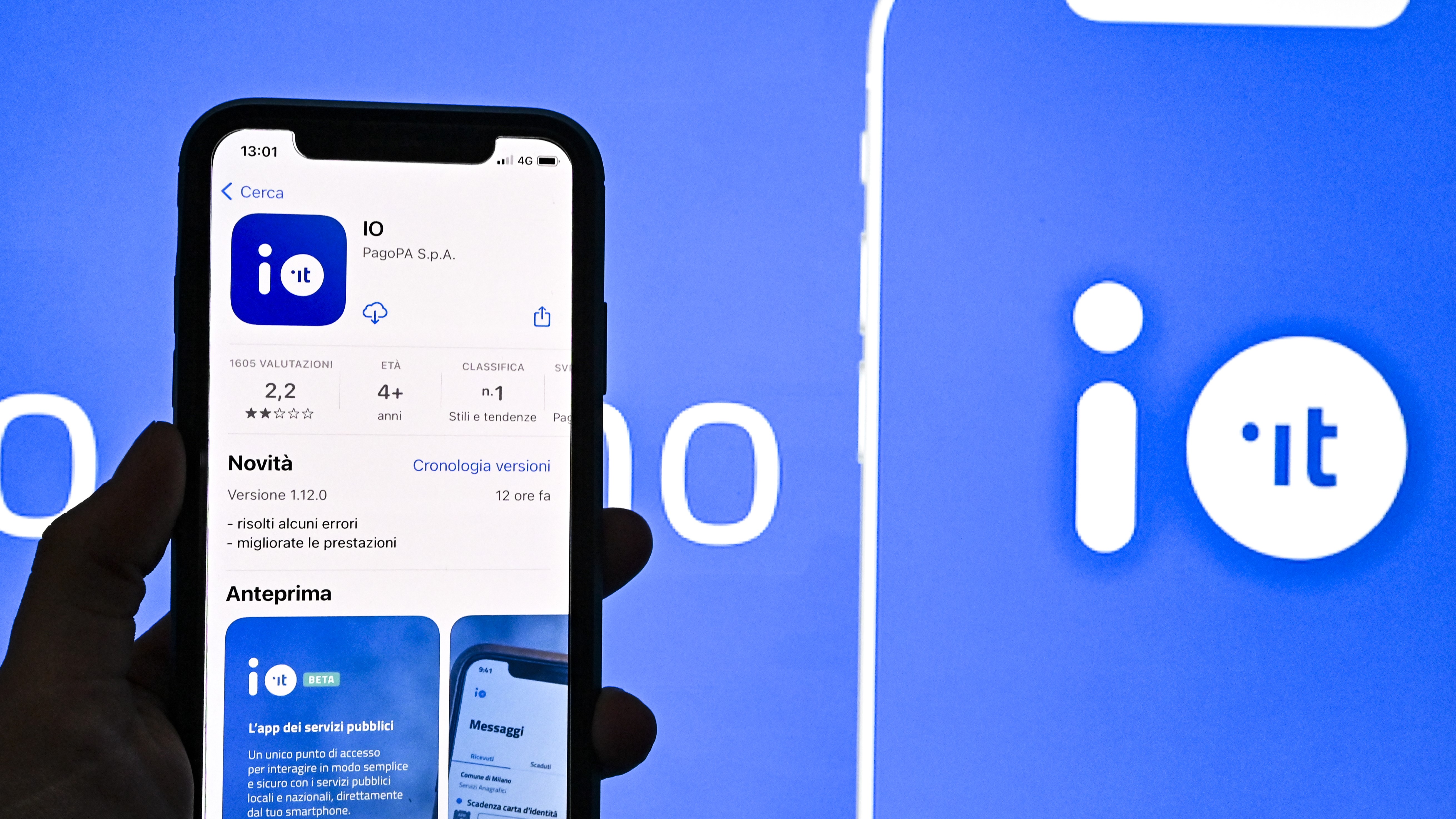The EU Digital Identity Wallet lands in Italy despite privacy concerns
All Italians can now use the IT-Wallet by downloading the IO app

All Italian residents can now digitalize their identity documents with a single application.
The IT-Wallet is Italy's iteration of the EU Digital Identity Wallet scheme, created to "provide a safe, reliable, and private means of digital identification for everyone in Europe," explains the European Commission.
The European initiative passed last year despite strong criticisms from privacy experts warning against a potential increase in surveillance and security risks.
IT-Wallet: the privacy and security conundrum
Starting from December 4, 2024, Italians can use the IT-Wallet feature to digitally scan their driving license and health card directly from the IO app, Italy's public services application.
The project is set to expand and accept other documents, like ID cards and passports, while also integrating new functionalities, such as the possibility to make payments, book medical appointments, or transport.
The launch follows the pilot that started at the end of October and involved 50,000 citizens. Other European countries are currently testing their own iterations of the EU digital wallet at the time of writing, including France, Germany, and Luxembourg.
While the European Union argues that ID Wallets will provide a simpler and safer way for citizens to prove their identity, the ongoing implementation continues to spark concerns among commentators.
I’m extremely worried about the direction of the #eIDAS trilogue negotiations. We see a massive attack on core privacy principles in the text proposed by the @EU_Commission and @eu2023es Presidency. The EU ID Wallet risks becoming a privacy nightmare that is not safe to use!!!September 3, 2023
Italian journalist Martina Pastorelli, for instance, has described the IT-Wallet as "the EU digital cage, which will reduce governments into platforms and citizens into users, transforming rights into concessions and services into products."
The EU ID Wallet has been a contentious issue since the beginning, creating a lot of friction among policymakers.
It's certainly more convenient to have all your identity references in one single app, but this could also "enable governments to surveil citizens more effectively," Udbhav Tiwari, Mozilla's Head of Global Product Policy, told TechRadar back in September 2023.
The fact that member states need to develop their own application is also reason for concern among experts.
As per Bart Preenel, a cryptographer professor at Leuven University, "This makes adding privacy much harder because it means that every member needs to pay attention to this effort and adds privacy [protection] to the design," he told TechRadar in February. Features like anonymization of credentials, noted Preenel, are optional requirements, in fact.
There's also the issue of security, especially considering that data breach incidents have become almost a daily occurrence lately, with medical records being a constant target of hackers.
Italians can decide for themselves whether or not to start using the IT-Wallet, however, as the service is voluntary at the time of writing.

Chiara is a multimedia journalist committed to covering stories to help promote the rights and denounce the abuses of the digital side of life – wherever cybersecurity, markets, and politics tangle up. She believes an open, uncensored, and private internet is a basic human need and wants to use her knowledge of VPNs to help readers take back control. She writes news, interviews, and analysis on data privacy, online censorship, digital rights, tech policies, and security software, with a special focus on VPNs, for TechRadar and TechRadar Pro. Got a story, tip-off, or something tech-interesting to say? Reach out to chiara.castro@futurenet.com